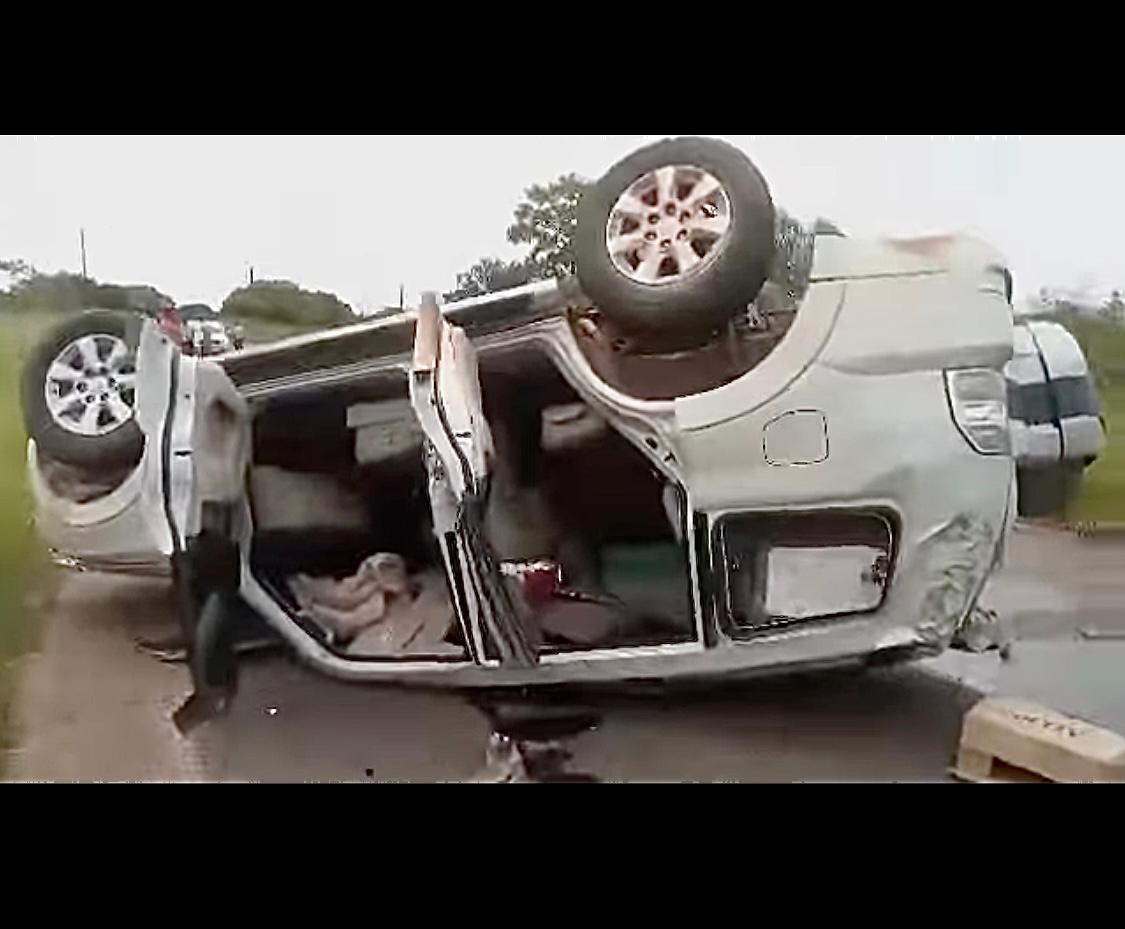Shattered Hearts: How War Has Emotionally Shaped Somalia’s Lost Generation
Shattered Hearts: How War Has Emotionally Shaped Somalia’s Lost Generation
For over three decades, Somalia has endured an unrelenting cycle of violence, political instability, and social fragmentation. What began as a civil war in the early 1990s evolved into a generational crisis—one that continues to cast long shadows over the emotional well-being of a nation. Today, a generation raised amidst gunfire, displacement, and shattered communities carries a unique psychological burden: a collective trauma inherited not only from experience but from identity itself.
The Psychological Toll of Growing Up in War
Children born during Somalia’s turbulent years did not know peace as a baseline for normalcy. For them, war is not a historical event but a living reality. They witnessed violence in the streets, the loss of loved ones, the collapse of basic institutions, and the breakdown of trust. This exposure has deeply affected their mental health. Rates of post-traumatic stress disorder (PTSD), anxiety, depression, and emotional detachment are alarmingly high among youth in Somalia.
Unlike trauma that fades with time, Somalia’s wounds were never properly addressed. In the absence of widespread psychological support, individuals internalized their pain, passing it on through behaviors, parenting, and cultural narratives. This intergenerational trauma continues to shape identity and emotional resilience—or lack thereof—among young Somalis.
A Generation Without Anchors
War not only destroys buildings and institutions—it disrupts the very foundation of community and belonging. For Somalia’s post-war generation, the disintegration of family units, tribal conflicts, and forced migrations created a profound sense of isolation. Many grew up without fathers, in refugee camps, or in the care of extended relatives struggling to survive themselves.
This fragmented upbringing left an emotional void. The traditional Somali value system, once centered on clan cooperation, storytelling, and social responsibility, was replaced by survivalism. In many cases, children learned to distrust others, suppress their emotions, and build hardened emotional shells. The result is a generation that struggles with empathy, attachment, and expressing vulnerability.
The Impact on National Identity
Beyond individual psychology, Somalia’s emotional fragmentation has hindered the formation of a cohesive national identity. Distrust between clans, regions, and political factions is not just political—it’s personal. The emotional scars of war have made reconciliation difficult, as forgiveness requires confronting pain that many have buried deeply.
This has also affected the younger generation’s sense of belonging. For many, the question “What does it mean to be Somali?” is entangled with painful memories of betrayal, loss, and displacement. Rebuilding national identity thus requires more than political solutions—it demands emotional healing and collective storytelling that includes, not erases, the scars of war.
Resilience Amidst Ruin
Despite the overwhelming challenges, Somalia’s youth have shown remarkable resilience. Across the diaspora and within Somalia itself, many young people are reclaiming their narratives through art, music, poetry, activism, and community building. Mental health awareness is growing, and grassroots organizations are beginning to address trauma through culturally sensitive programs.
Somali mothers, often the emotional anchors of the family, play a vital role in nurturing compassion and stability, even in the face of unimaginable hardship. Likewise, elders who survived the early years of war carry a wisdom that, if shared and preserved, can help guide the younger generation toward healing.
The Road to Emotional Reconstruction
For Somalia to truly recover, emotional reconstruction must go hand-in-hand with political and economic rebuilding. This includes expanding access to mental health services, investing in trauma-informed education, and creating safe spaces for dialogue and storytelling.
Somalia’s youth need not be forever defined by war. With the right support systems, policies, and cultural shift, they can become a generation of peacebuilders—strong not in spite of their pain, but because of it. But that process begins with acknowledgment. The country must collectively recognize that the war did not just destroy infrastructure—it broke hearts, scattered families, and fractured the soul of a nation.
Conclusion: Reclaiming the Future
Somalia’s emotional wounds run deep, but they are not beyond healing. A generation born into conflict has the power to reshape the narrative—not by forgetting the past, but by confronting it head-on. Emotional recovery is not a luxury; it is a necessity for national survival and progress.
As the world watches Somalia’s political journey, we must not overlook the silent battle many face within—the fight to feel whole again. True peace is not just the absence of war; it is the presence of hope, trust, and emotional restoration. It is time for Somalia to begin that journey—with courage, compassion, and collective commitment.
For more news: https://africaciviclens.com/
External Links: https://www.reddit.com/r/Somalia/comments/1e9br0r/why_are_we_somalis_so_emotional/




